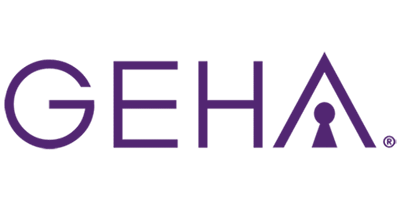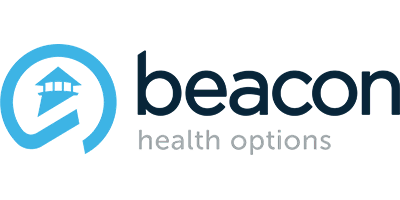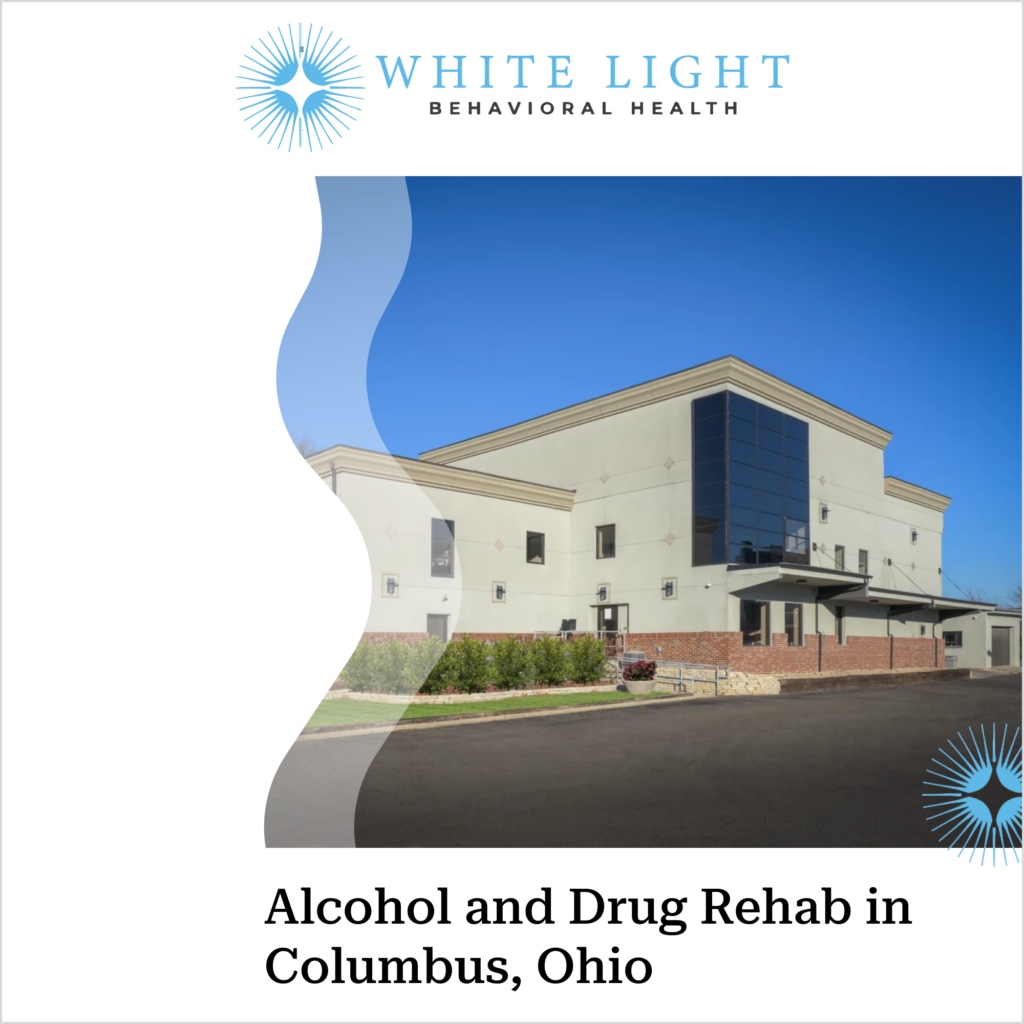Inpatient Alcohol Rehab: Definition, How It Works, Types, Benefits, Treatment Approaches, Cost in Ohio
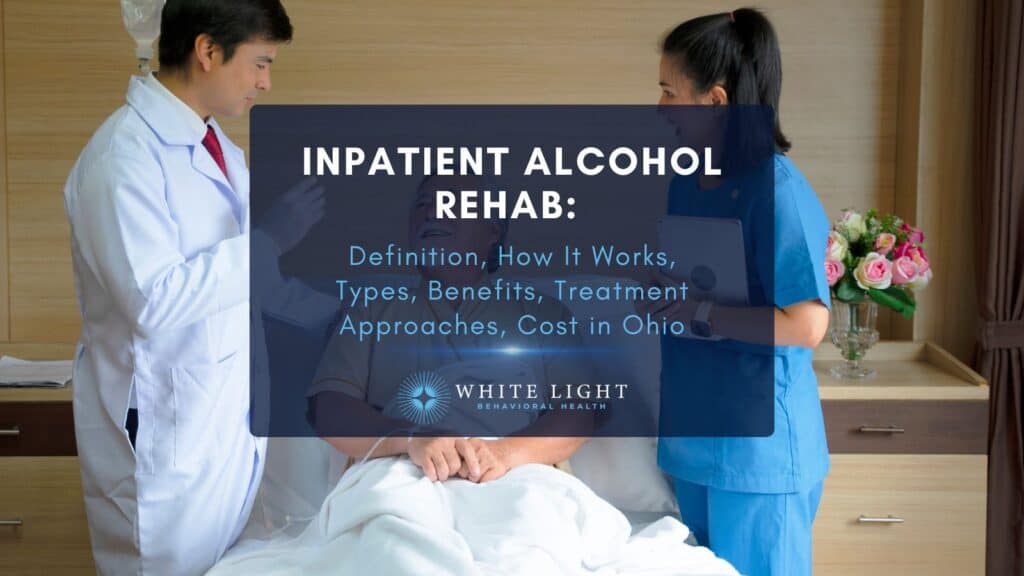
Inpatient alcohol rehab gives you the chance to focus entirely on your recovery by staying at a rehab center, where you’ll receive 24/7 care. This structured approach includes assessments, medically supervised detox, daily therapy sessions, and planning for your aftercare.
The Recovery Institute of Ohio reports that their inpatient alcohol rehab programs in Columbus have higher success rates due to 24-hour medical, emotional, and professional support
You’ll find different inpatient options, from short-term to long-term, or even dual diagnosis programs for those dealing with both mental health and addiction. The main benefits of inpatient alcohol rehab include around-the-clock supervision, a safe space free from alcohol triggers, peer support, and a daily routine that keeps you grounded.
With treatments like CBT, MAT, trauma-informed care, and motivational interviewing, your recovery plan will be personalised to tackle the root causes of your addiction.
What Is Inpatient Alcohol Rehab?
Inpatient alcohol rehab is a residential program designed to help you recover from alcohol use disorder (AUD) in a structured, supportive environment. You’ll stay at the facility for an extended period, receiving 24/7 care, medical supervision, and therapy to manage withdrawal symptoms and work towards lasting sobriety.
This type of rehab offers a controlled environment, allowing you to focus solely on your recovery, free from external triggers and stressors. It’s a safe space where you can start to rebuild your life.
The Ohio Department of Mental Health and Addiction Services, in its 2023 Annual Data Report, notes that inpatient treatment programs are essential components of the state’s continuum of care for individuals with substance use disorders.
Did you know most health insurance plans cover substance use disorder treatment? Check your coverage online now.
How Does Inpatient Rehab Work?
Inpatient rehab works by providing a structured, supportive environment for overcoming alcohol addiction. It starts with an assessment to evaluate your health, addiction history, and treatment needs, creating a tailored recovery plan.
The detox phase follows, helping you manage withdrawal symptoms under medical supervision, with medications to ease discomfort. Once stable, therapy sessions, like CBT, group, and individual counselling, address the psychological causes of your addiction and teach coping skills to manage triggers.
Aftercare planning ensures you’re equipped for long-term sobriety with support like outpatient therapy, sober living, or support groups, providing ongoing guidance as you transition back to everyday life.
More Resources on Addiction:
What Are the Types of Inpatient Alcohol Rehab Programs?
The types of inpatient alcohol rehab programs include short-term, long-term, holistic rehab, and dual diagnosis treatment. Short-term programs last 28-30 days, while long-term programs extend for several months.
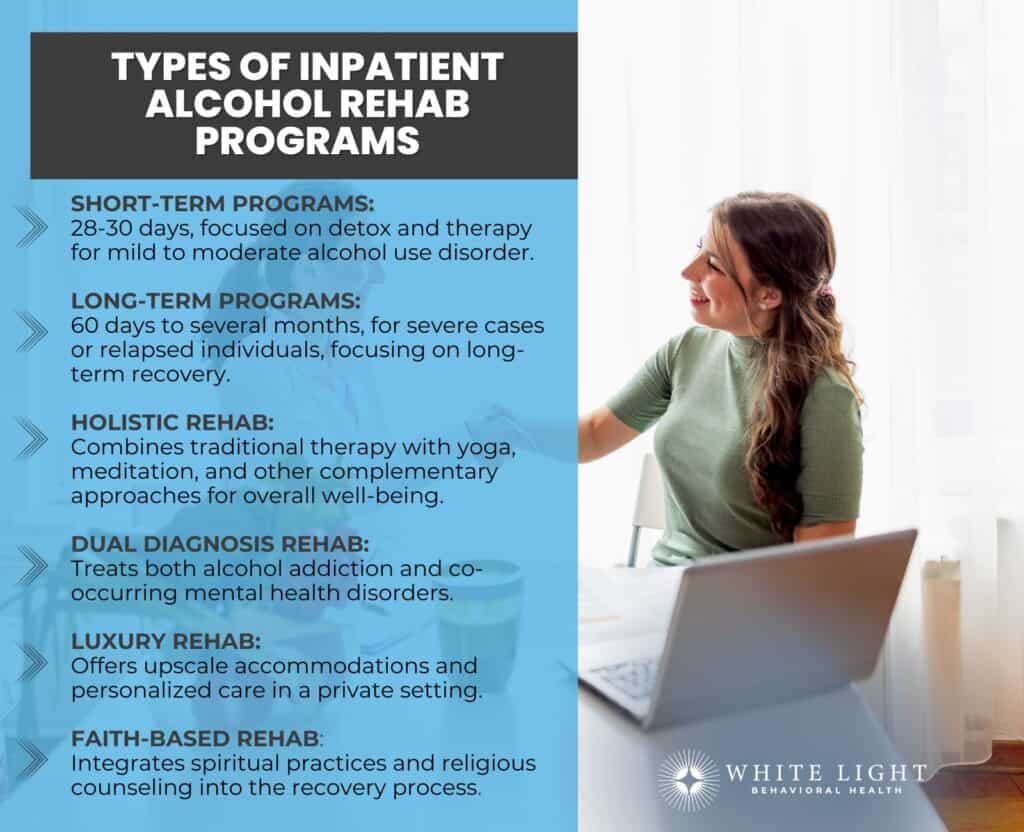
The types of inpatient alcohol rehab programs are explained below:
1. Short-term Programs
Short-term inpatient alcohol treatment programs last 28-30 days, offering intensive treatment for mild to moderate alcohol use disorder. These programs are ideal if you need quick detoxification, stabilization, and therapy to address alcohol dependence.
The main benefit is its structured, focused approach, providing immediate support and serving as a stepping stone to ongoing treatment, like outpatient programs or sober living.
2. Long-term Programs
Long-term inpatient alcohol rehab programs generally extend from 60 days to several months, allowing for more in-depth treatment. These programs are best for those who have severe alcohol use disorder or those who have relapsed multiple times after short-term treatment.
The extended duration helps participants develop stronger coping mechanisms, ensuring a better foundation for long-term sobriety.
3. Holistic Rehab
Holistic rehab focuses on your overall well-being, addressing the mind, body, and spirit. It blends traditional therapy with natural approaches like yoga, acupuncture, nutritional counseling, and meditation to promote mental clarity, physical health, and emotional balance.
This approach is perfect if you’re looking for a more comprehensive and natural recovery path, helping to reduce stress while offering tools for emotional and physical healing.
Contact us today to schedule an initial assessment or to learn more about our services. Whether you are seeking intensive outpatient care or simply need guidance on your mental health journey, we are here to help.
4. Dual Diagnosis Rehab
Dual diagnosis rehab is for those facing both alcohol addiction and mental health disorders like depression, anxiety, or PTSD. The dual diagnosis treatment approach addresses both issues together, offering integrated therapy that supports recovery from alcohol addiction while treating mental health conditions.
This rehab is ideal if you need specialized care that tackles both your psychological health and addiction simultaneously.
5. Luxury Rehab
Luxury rehab provides a high-end, comfortable environment for those seeking privacy and premium amenities during treatment. With private rooms, gourmet meals, and extra services like personal trainers or wellness programs, it’s designed for those who value exclusivity in their recovery journey.
This option is ideal for individuals who can invest in a more personalized, private treatment experience while overcoming alcohol addiction.
What Are the Benefits of Inpatient Alcohol Rehab?
The benefits of inpatient alcohol rehab include 24/7 medical supervision, structured therapy, reduced exposure to triggers, and higher recovery rates. According to a report by the National Institute on Drug Abuse (2020), individuals in inpatient rehab programs are 60% more likely to maintain sobriety one year after treatment compared to those in outpatient care.
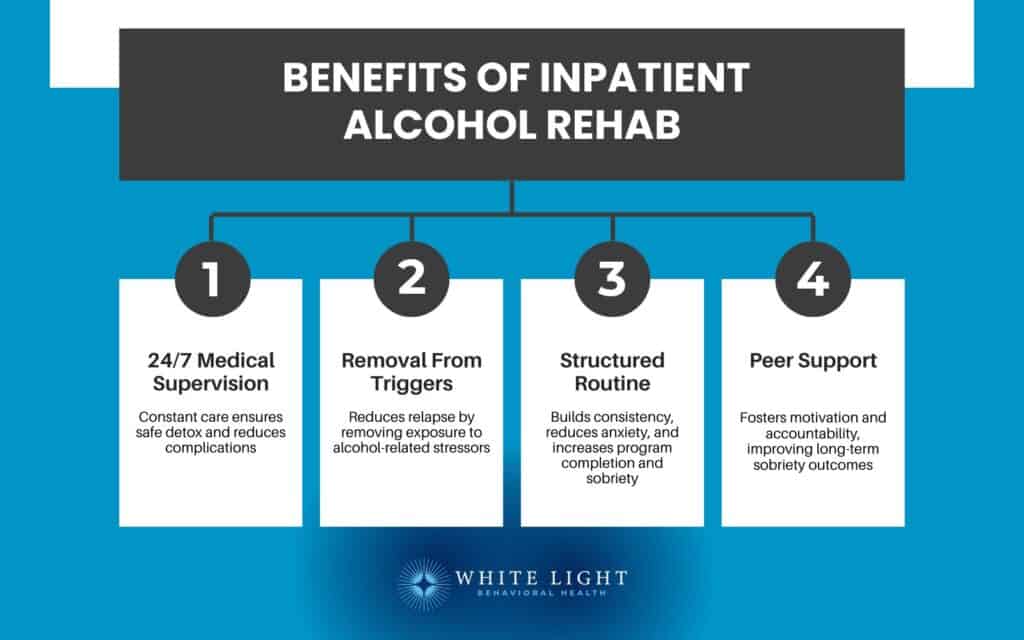
The benefits of inpatient alcohol rehab are:
1. 24/7 Medical Supervision
Inpatient alcohol rehab provides round-the-clock medical care, ensuring immediate response to withdrawal symptoms or medical complications during detox. This constant supervision is critical for individuals with severe alcohol dependence, where withdrawal poses life-threatening risks.
2. Removal From Triggers and Temptations
Inpatient rehab removes you from your home environment, reducing exposure to social pressures, alcohol access, and stressors that contribute to relapse. This separation supports focus on recovery by eliminating immediate triggers and reinforcing behavioral change.
3. Structured Daily Routine
Inpatient alcohol rehab enforces a disciplined schedule of therapy, education, and wellness activities, helping you build consistency and accountability. This structure prevents idle time, reduces anxiety, and fosters productive habits aligned with long-term sobriety.
Rediscover Life at White Light Behavioral Health
Get the compassionate support you deserve. We're here to help you reclaim joy, wellness, and a brighter future.
Our Facility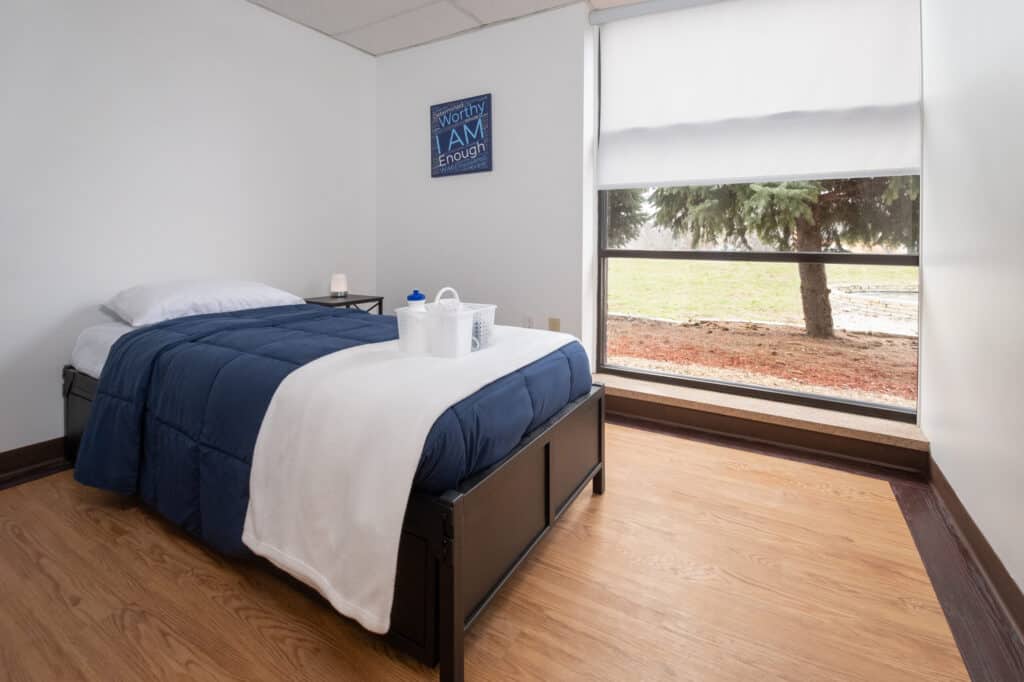
4. Peer Support and Community
Inpatient programs create a community of individuals working through similar challenges, fostering mutual support, shared accountability, and reduced isolation. Peer interactions enhance motivation and provide real-time feedback, which reinforces recovery behaviors.
What Are the Risks Associated With Inpatient Alcohol Rehab?
The risks associated with inpatient alcohol rehab are high costs, limited personal freedom, potential for social isolation, and challenges transitioning back to daily life. Participants have difficulty adjusting post-treatment due to abrupt environmental change and lack of continued support.
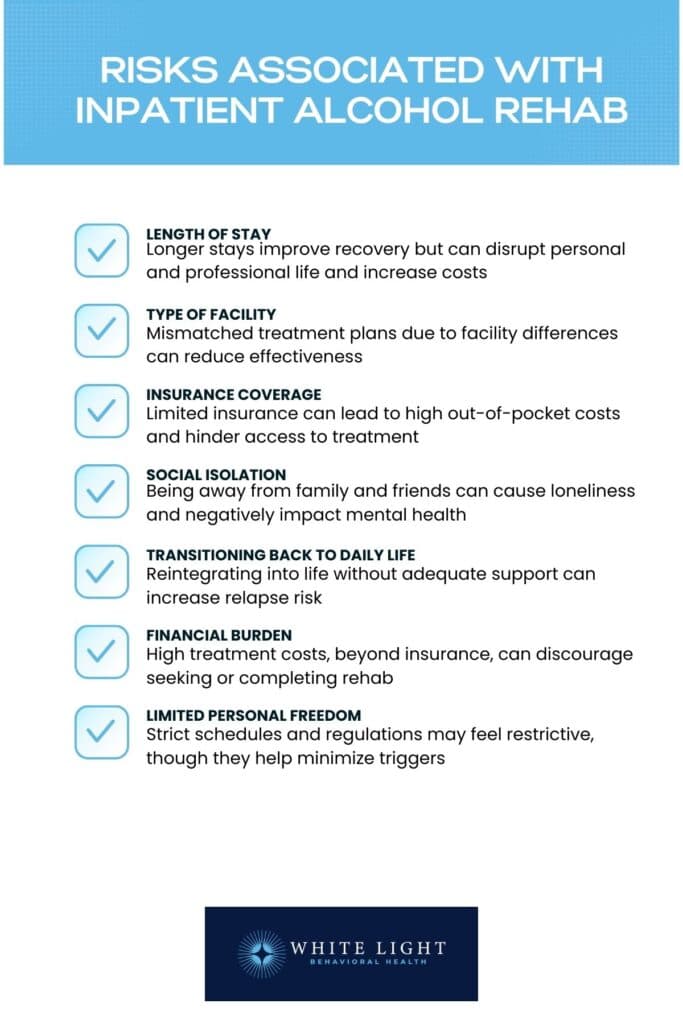
The risks associated with inpatient alcohol rehab include:
- Length of Stay: The duration of inpatient treatment varies, ranging from 28 days to several months. Longer stays lead to better recovery outcomes but also increase costs and disrupt personal and professional responsibilities.
- Type of Facility: Rehabilitation centers differ in their treatment approaches, amenities, and staff qualifications.
Selecting an inappropriate facility results in mismatched treatment plans and reduced effectiveness.
- Insurance Coverage: Insurance policies vary in the extent of coverage for inpatient rehab services. Limitations in coverage lead to substantial out-of-pocket expenses, making treatment less accessible.
- Social Isolation: Being away from family and friends during inpatient treatment leads to feelings of loneliness and isolation.
This emotional strain affects mental health and hinders the recovery process.
- Transitioning Back to Daily Life: Reintegrating into everyday life post-treatment presents challenges, including exposure to previous triggers and rebuilding routines. Without adequate aftercare planning and support, the risk of relapse increases.
- Financial Burden: Beyond insurance coverage, the overall cost of inpatient rehab is substantial, encompassing expenses like accommodation, therapy, and medical care.
This financial strain deters individuals from seeking or completing treatment.
- Limited Personal Freedom: Inpatient programs often have strict schedules and regulations, which feel restrictive to some individuals. This lack of autonomy leads to resistance or discomfort during treatment.
What Are the Treatment Approaches Used in Inpatient Alcohol Rehab Programs?
The treatment approaches used in inpatient alcohol rehab programs are cognitive-behavioural therapy (CBT), medication-assisted treatment (MAT), group therapy, motivational interviewing, and trauma-informed care.
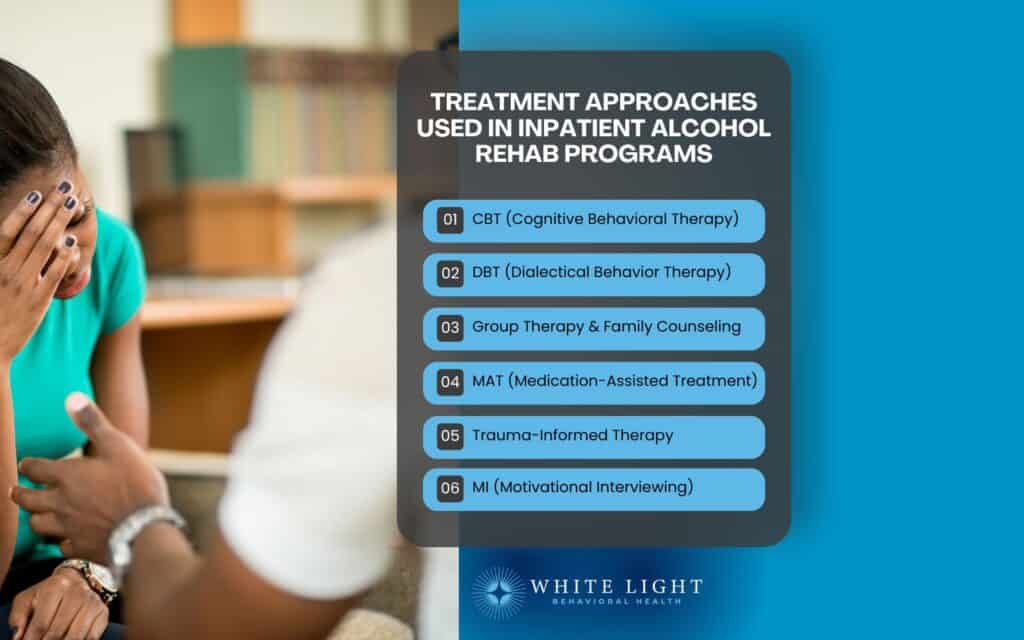
The treatment approaches used in inpatient alcohol rehab programs include:
- Behavioral Therapy (CBT): CBT is a structured, goal-oriented approach that helps patients identify and change negative thought patterns and behaviors related to alcohol use. In inpatient rehab, CBT is used to build coping skills, manage triggers, and prevent relapse.
Personalized CBT plans are made to fit your behavioral history and psychological profile, helping reinforce long-term sobriety.
- Dialectical Behavior Therapy (DBT): DBT is designed to improve emotional regulation, distress tolerance, and interpersonal effectiveness. It is especially useful in inpatient alcohol rehab for people with co-occurring disorders, such as borderline personality or chronic emotional dysregulation.
DBT helps you manage intense emotional states without turning to alcohol, supporting long-term emotional stability.
- Group Therapy and Family Counseling: These therapies provide peer support and strengthen family dynamics that influence recovery. In inpatient alcohol rehab, group sessions foster shared accountability, while family counseling repairs trust and encourages supportive home environments.
- Medication-Assisted Treatment (MAT): MAT combines FDA-approved medications with behavioral therapy to reduce cravings and prevent relapse.
Common medications used in inpatient alcohol rehab include naltrexone, acamprosate, and disulfiram.
- Trauma-Informed Therapy: This approach addresses unresolved trauma that contributes to alcohol use, using techniques like EMDR or somatic therapy. In inpatient settings, it provides a safe space for patients to process trauma without fear of re-traumatization.
This method supports healing by targeting the root causes of addiction.
- Motivational Interviewing (MI): MI focuses on strengthening the patient’s own motivation to change by exploring ambivalence and reinforcing commitment to recovery. It is used in the early stages of inpatient rehab to help patients engage with the treatment process.
Inpatient alcohol rehab programs combine these treatment approaches to create personalized recovery plans that address each individual’s unique psychological, medical, and social needs.
What Is the Cost of Inpatient Alcohol Rehab in Ohio?
The cost of inpatient alcohol rehab in Ohio ranges from $6,000 to over $60,000 per month, depending on the facility, length of stay, and level of care provided.
Basic inpatient rehab programs with shared rooms and standard services generally fall within the $6,000 to $20,000 range for a 30-day stay, while luxury or executive inpatient rehab facilities offering private rooms, advanced medical care, and holistic therapies cost between $30,000 and $60,000 or more.
Programs that include medication-assisted treatment (MAT), dual diagnosis care, or extended stays come with higher expenses due to additional clinical resources. Insurance coverage significantly reduces out-of-pocket costs, especially when the facility is in-network.
How Do You Choose the Right Inpatient Alcohol Rehab Program in Ohio?
To choose the right inpatient alcohol rehab program in Ohio, individuals must evaluate how well a facility aligns with their clinical needs, personal preferences, and financial situation.
When considering which inpatient rehab center is most suitable, key factors include the treatment approaches used, such as cognitive-behavioral therapy, medication-assisted treatment, or dual diagnosis care.
It is also important to confirm whether the facility accepts specific insurance plans, such as Medicaid or private insurance, as this determines accessibility and affordability. Comfort and environment also matter, especially for long-term recovery, making it essential to assess whether the facility offers a setting conducive to healing.
Choosing a center with personalized care plans, licensed clinicians, and strong aftercare support significantly increases the chances of long-term sobriety.
Are you covered for treatment?
White Light Behavioral Health is an approved provider for Blue Cross Blue Shield and TUFTS, while also accepting many other major insurance carriers.
Check Coverage Now!What Happens on the First Day of Inpatient Alcohol Rehab?
On the first day of inpatient alcohol rehab, patients undergo a thorough intake process that includes medical evaluations, psychological assessments, and a review of their substance use history. Clinical staff use this information to develop a personalized treatment plan tailored to the individual’s needs.
Orientation follows, where patients are introduced to the facility’s rules, daily schedules, and therapeutic expectations.
What Happens After Completing Inpatient Alcohol Rehabilitation?
After completing inpatient alcohol rehabilitation, individuals transition to a structured aftercare plan that includes outpatient therapy, support groups, sober living arrangements, and continued medical monitoring. This phase is designed to maintain the progress made during inpatient treatment and reduce the risk of relapse.
How Do Inpatient and Outpatient Alcohol Rehab Programs Differ?
Inpatient and outpatient alcohol rehab programs differ in intensity, setting, duration, and level of supervision.
Inpatient rehab requires individuals to live at the facility full-time, offering 24/7 medical care and a structured environment, while outpatient rehab allows patients to live at home and attend scheduled treatment sessions.
Can Inpatient Alcohol Rehab Help With Relapse Prevention?
Yes, inpatient alcohol rehab can help with relapse prevention. It provides a highly structured setting where individuals receive intensive therapy, medical supervision, and relapse education. These programs focus on building coping skills, recognizing high-risk situations, and developing personalized aftercare strategies that support long-term sobriety.
Share This Post


